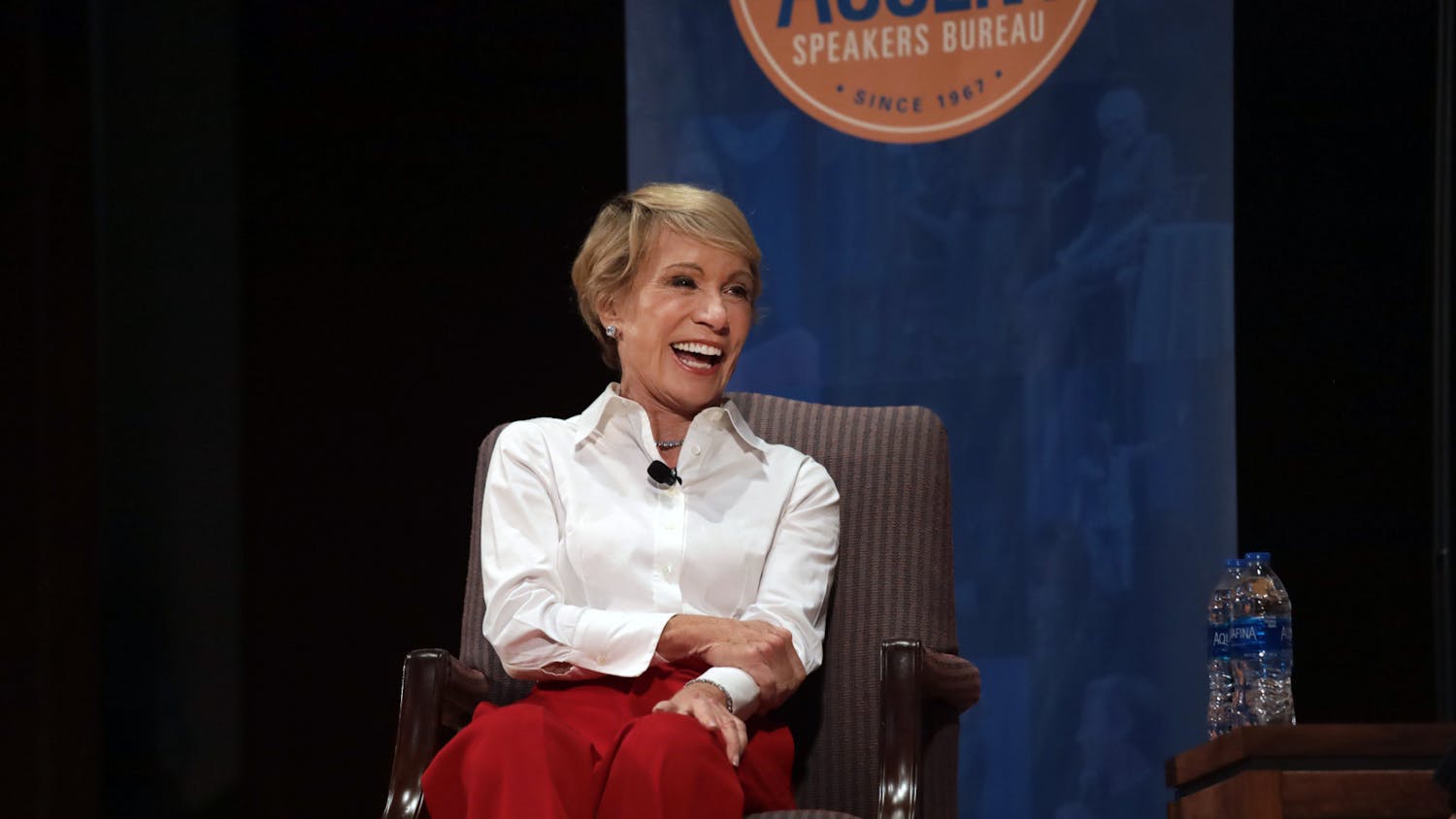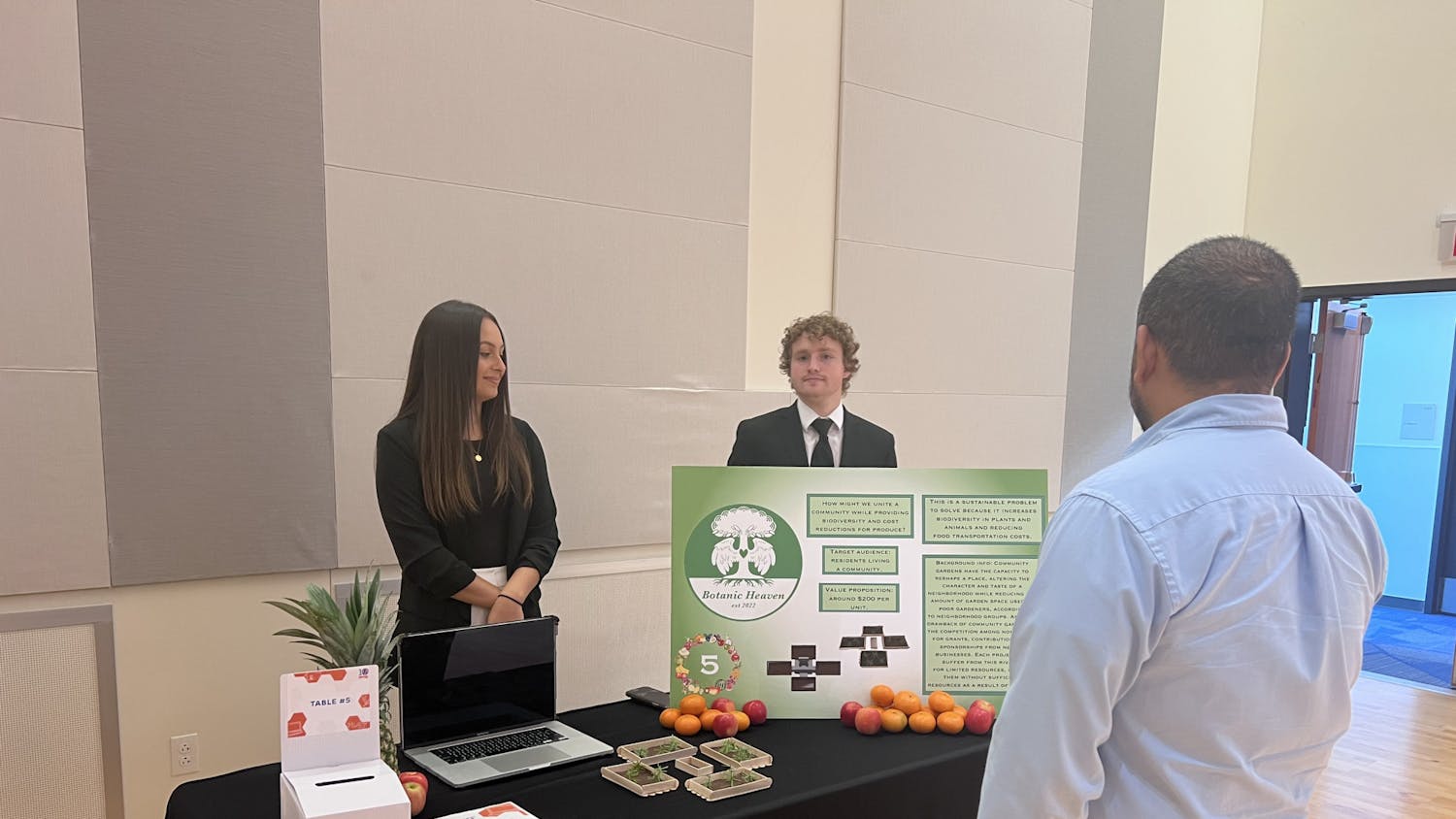As one of the 1,149 students currently enrolled in UF’s Innovation Academy (IA), I spend a lot of time thinking about innovation and entrepreneurship. Almost every 21st century company claims to be “innovative” or seeks “innovative employees.” This makes UF’s minor in innovation through IA attractive to students looking to have a competitive edge in the job market. Since we are now living in a knowledge and internet economy rather than a manufacturing one, the only way to create distinguished products that can compete for market share is to innovate. Most people know this, but they aren’t sure how to go about it.
Innovation is literally just coming up with a new idea that seems easy enough to achieve. But in practice, we struggle to grab one out of thin air. We have great ideas all the time while driving or showering, but when we try to force it, the results are bleak. If you gather hundreds of people and ask them to come up with the next big business idea, I guarantee at least 10 percent of them will suggest “grocery delivery service.” This frustrating response is an innovative dead end that is reached more often than you’d think.
On “Shark Tank,” a lot of the ideas are presented as “the Uber of…” or “the Netflix of….” These types of ideas lack what Uber, Netflix and Airbnb have become famous for — originality and problem solving. These companies aren’t successful just because they digitized something that was previously not on the internet. They are successful because they found a solution to a customer problem. Innovation is about creating your own disruptive business model, not necessarily copying someone else’s. I agree that the best innovations come from compromise and combining different ideas, but the goal must stay clear throughout the whole process.
So often, people’s innovative ideas are simply creating an app for something. They seek funding to design these apps and claim they will be groundbreaking. Most of these apps aren’t solving a problem that consumers already have. They are creating a problem they think customers have. This is the opposite of innovation. It’s regressive. A real entrepreneur would begin trying to help customers solve the problem and work on the app later.
UF “Principles of Entrepreneurship” professor Christopher Pryor uses an example of this when teaching his class. One of his students had the idea to create an app that linked people together to share meals. The student insisted that he couldn’t get the business started because it required an app and required funding. Pryor insists that a real entrepreneur would find a way to connect customers with whatever they’re lacking “by begging, borrowing or stealing” if necessary.
Innovation isn’t just arbitrary brainstorming. What differentiates a regular idea from an innovation is the purpose behind it. It requires the entrepreneur to understand the customer and to empathize with them. Generating ideas can be more methodical than you think. There are specific formulas you can follow for more productive brainstorming sessions. If you run with an idea far past the point than what makes sense, that’s where you find the best ideas.
People are so focused on creating something different that their products have all become the same. In my experience, my most innovative ideas have come from trying to think of the most unpredictable route. Now more than ever, companies that aren’t innovative will flop. Luckily, innovation is something you can learn.
Layla Soboh is a UF advertising junior. Her column comes out Tuesday.





